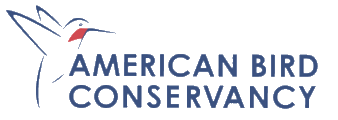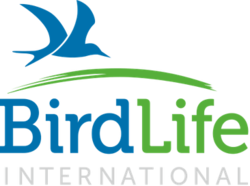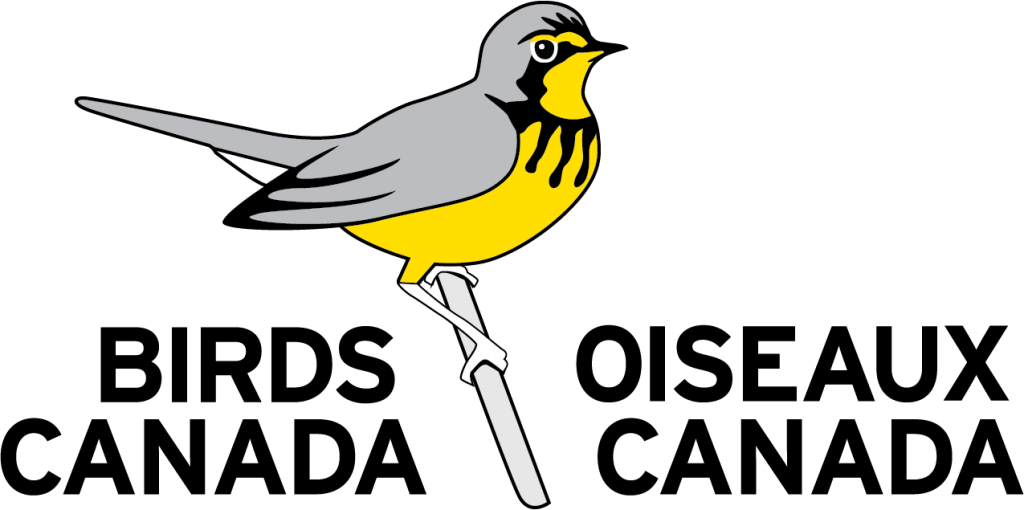Government of Canada invests $15M in the Conserva Aves initiative to support the creation of local protected areas in Latin America and the Caribbean.
For more than 60 years, Birds Canada has worked in partnerships to halt and reverse biodiversity loss, protect migratory birds, and strengthen inclusive nature conservation.
For release: May 22, 2024
Ottawa, ON —On May 22, the International Day for Biological Diversity, the Honourable Ahmed Hussen, Minister of International Development, announced an investment of 15 million Canadian dollars over 3 years to Birds Canada to support the health of biodiversity and ecosystems in Latin America and the Caribbean through the Conserva Aves Initiative. This contribution will protect migratory birds and their habitats and help achieve the objectives of the Kunming-Montreal Global Biodiversity Framework. Specifically, the investment will enable partnerships to support locally led, and gender-equitable conservation in Latin America and the Caribbean, to create 100 new protected areas totaling at least 2 million hectares.
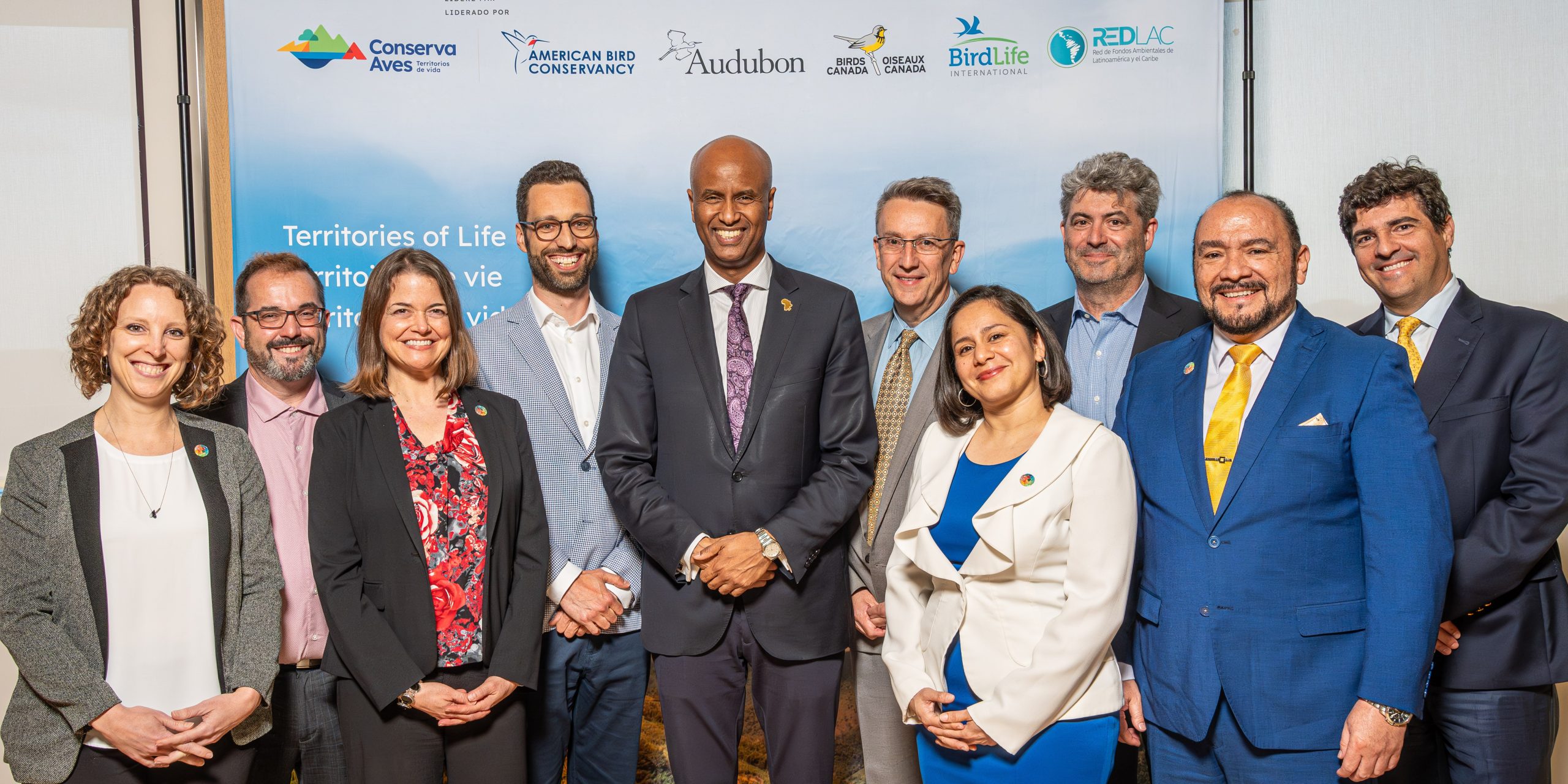
The Conserva Aves partners pictured here with the Honourable Ahmed Hussen, Minister of International Development, including American Bird Conservancy, National Audubon Society, BirdLife International, Birds Canada, and the Latin American and Caribbean Network of Environmental Funds (RedLAC).
Thanks to this investment, Birds Canada becomes the newest partner in Conserva Aves – a bird and biodiversity conservation partnership created in 2021 – joining American Bird Conservancy, National Audubon Society, BirdLife International, and the Latin American and Caribbean Network of Environmental Funds (RedLAC).
The health of migratory bird populations is a key shared indicator of biodiversity; three billion birds have been lost in North America since 1970, most of which spend over half the year in Latin America and the Caribbean. Conserva Aves is an important answer to this challenge as an inclusive conservation and climate change mitigation strategy benefiting birds, biodiversity, and present and future generations.
Birds know no boundaries and connect us all in the shared responsibility to halt and reverse biodiversity loss. Birds Canada brings to the initiative decades of knowledge in migration ecology, Community Science monitoring, and collaboration with Indigenous Peoples, along with projects in the Americas, such as the Motus Wildlife Tracking System. Through Conserva Aves, the organization will work with national and local sort of partners to support locally led and gender-equitable change, particularly women, Indigenous Peoples, and Afro-descendant Peoples to achieve inclusive nature conservation.
Birds Canada joins Conserva Aves at a relevant moment when the initiative is expanding its wings from the Tropical Andes initial phase to Mexico, Central America, and the Caribbean. These regions are home to some of the highest biodiversity anywhere on Earth and provide winter homes for many migratory birds.
Altogether, Conserva Aves has seen exciting success to date. Currently working in eight countries, with four of them already totaling 1,158,600 hectares (2,862,963 acres) in protected areas in the process of being formally declared. The initiative is also advancing preliminary conversations with partner organizations in Guatemala, Belize, and Caribbean countries to reach the goal of two million hectares of subnational protected areas in Latin America and the Caribbean by 2028.
Flying together takes us further, as we have already seen in these two years of implementing Conserva Aves. Conservation is connection: connecting knowledge, territories of life, resources, communities, and local and national authorities while being respectful of partner skills and experiences in the places where we work.
We know that effective conservation is only possible with a hemispheric connection, from the Boreal forests of the north to the Patagonia region in the south, from the Andes to the Caribbean, and throughout Central America and Mexico. We cannot do this work alone. Only through international partnerships can we achieve full annual life cycle conservation of our shared birds and hemispheric biodiversity.
“Birds Canada is thrilled to be joining the Conserva Aves initiative thanks to a significant investment by the Government of Canada. Throughout the hemisphere, birds unite us. Creating protected areas in Latin America and the Caribbean will not only help those countries halt and reverse biodiversity loss – it will help Canada do the same, by protecting essential overwintering habitat for dozens of migratory bird species. By working together, we will support meaningful conservation action and gender equity that benefits birds, biodiversity, and local communities.”
– Patrick Nadeau, President and CEO, Birds Canada
“American Bird Conservancy looks forward to working with Birds Canada to advance conservation for migratory and resident birds while also empowering and improving the livelihoods of Indigenous peoples and local communities. Their involvement will further strengthen Conserva Aves’ work with ABC’s partners throughout Latin American BirdScapes, places where smart land use leads to successful bird conservation. Together, we will promote and invest in best management practices that benefit birds, nature, and people.”
– Michael J. Parr, President of American Bird Conservancy (ABC)
“A hemispheric approach to bird conservation is one of the key drivers in Audubon’s ongoing work to bend the bird curve, and Conserva Aves is a powerful example of that. In less than two years, the initiative has seen significant results made possible by working with communities, local and national partners, and international allies to pool resources around a common goal. What began as a daring idea and ambitious model, is now an innovative and growing alliance where new partners like Birds Canada can find the energy, knowledge, people, and resources to bend the bird curve in favor of biodiversity and the endemic and migratory birds that these territories share. We celebrate the arrival of this new member to Conserva Aves.”
– Elizabeth Gray, National Audubon Society CEO.
“We are the power of many. Our partner, Birds Canada, has supported caretakers, indigenous communities, and local communities as stewards of protected areas through citizen science, improved access to information such as KBAs, and bird monitoring. Through their leadership and commitment, Birds Canada has been advocating for the inclusion of critical bird sites in land use planning processes and as candidates for increased protection. This resonates with the nature and identity of our Conserva Aves initiative. We seek to support the creation, effective management, recognition, and sustainability of community-led subnational protected areas grounded in traditional knowledge and safeguards. Integrating Birds Canada’s expertise into Conserva Aves will bolster the efficacy of our overall approach, particularly in terms of facilitating access to information and decision-making tools.”
– Martin Harper, BirdLife International CEO.
“We celebrate this partnership with Birds Canada to fly together and to protect new territories of life. Their arrival reinforces Conserva Aves’ commitment to working with local communities and ethnic groups, encouraging participation and respecting their worldview to strengthen empowerment and inclusion in the region. We know that the global ambition of a 30×30 conservation target is a tough road, but achievable with our regional, national and local partners working with passion and support from all of us.”
– Jorge Oviedo, President of the Latin America and the Caribbean Network of Environmental Funds (RedLAC).
Meet some of the amazing birds that will benefit from Conserva Aves.
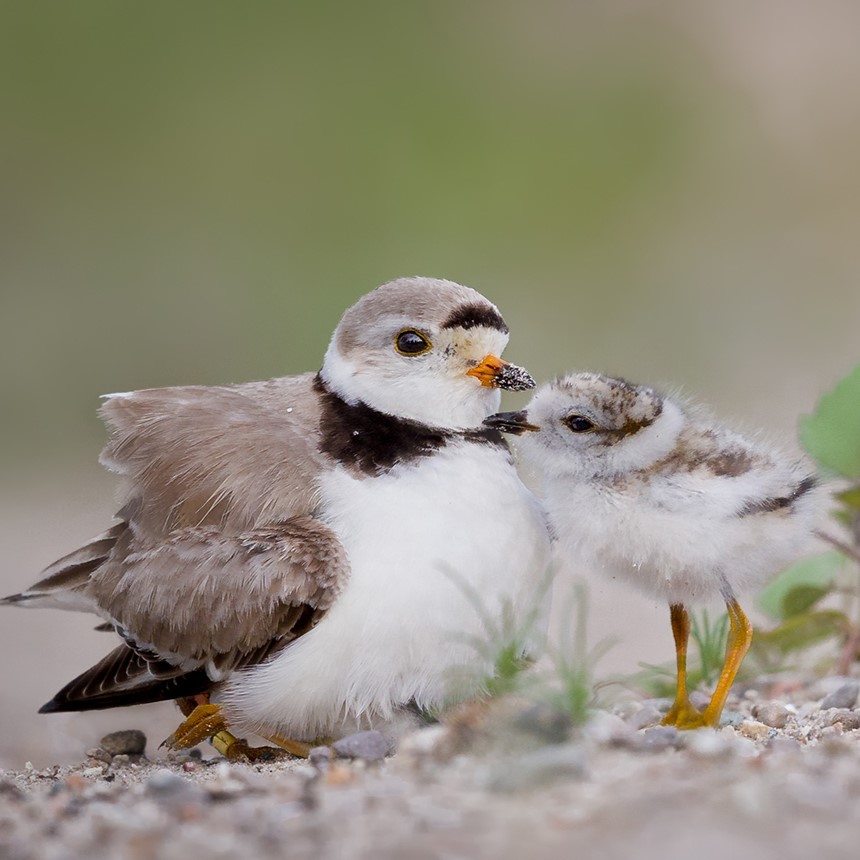
Piping Plover (Charadrius melodius). Photo: Missy Mandel
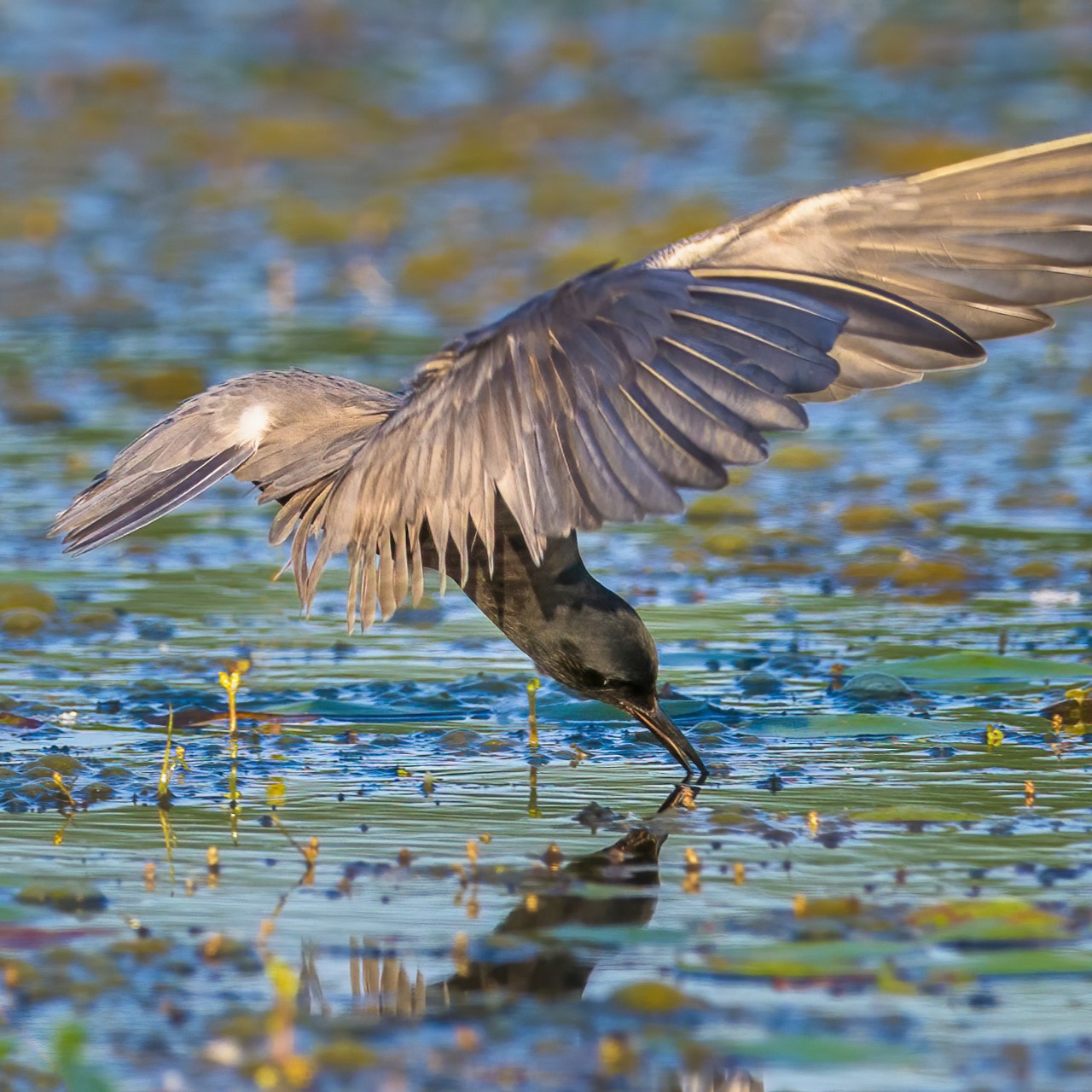
Black Tern (Childonas niger). Photo: Sunchie Yang
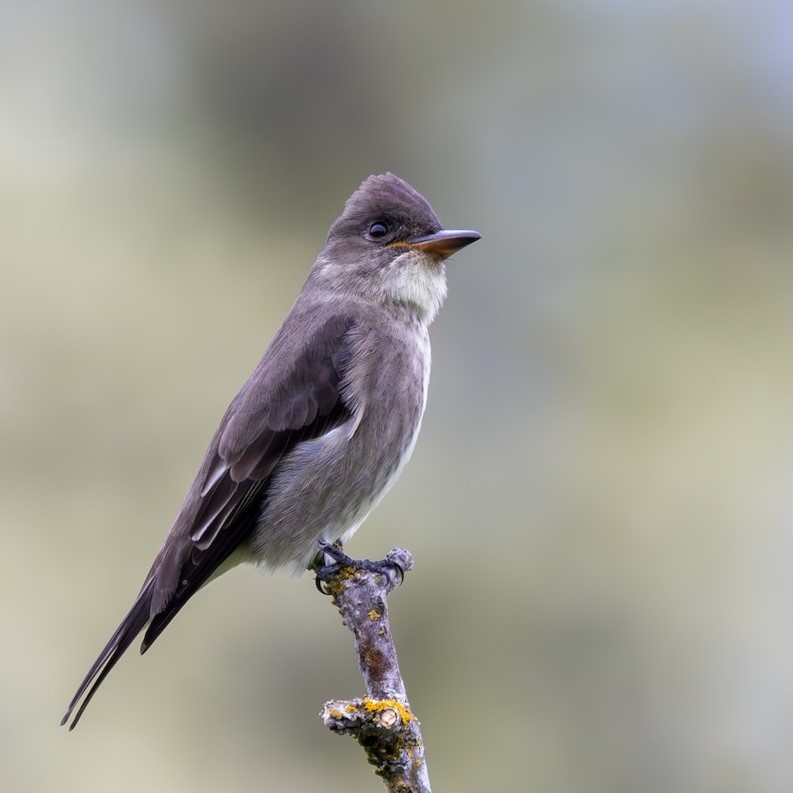
Olive-sided Flycatcher (Contopus cooperi). Photo: Ian Burgess
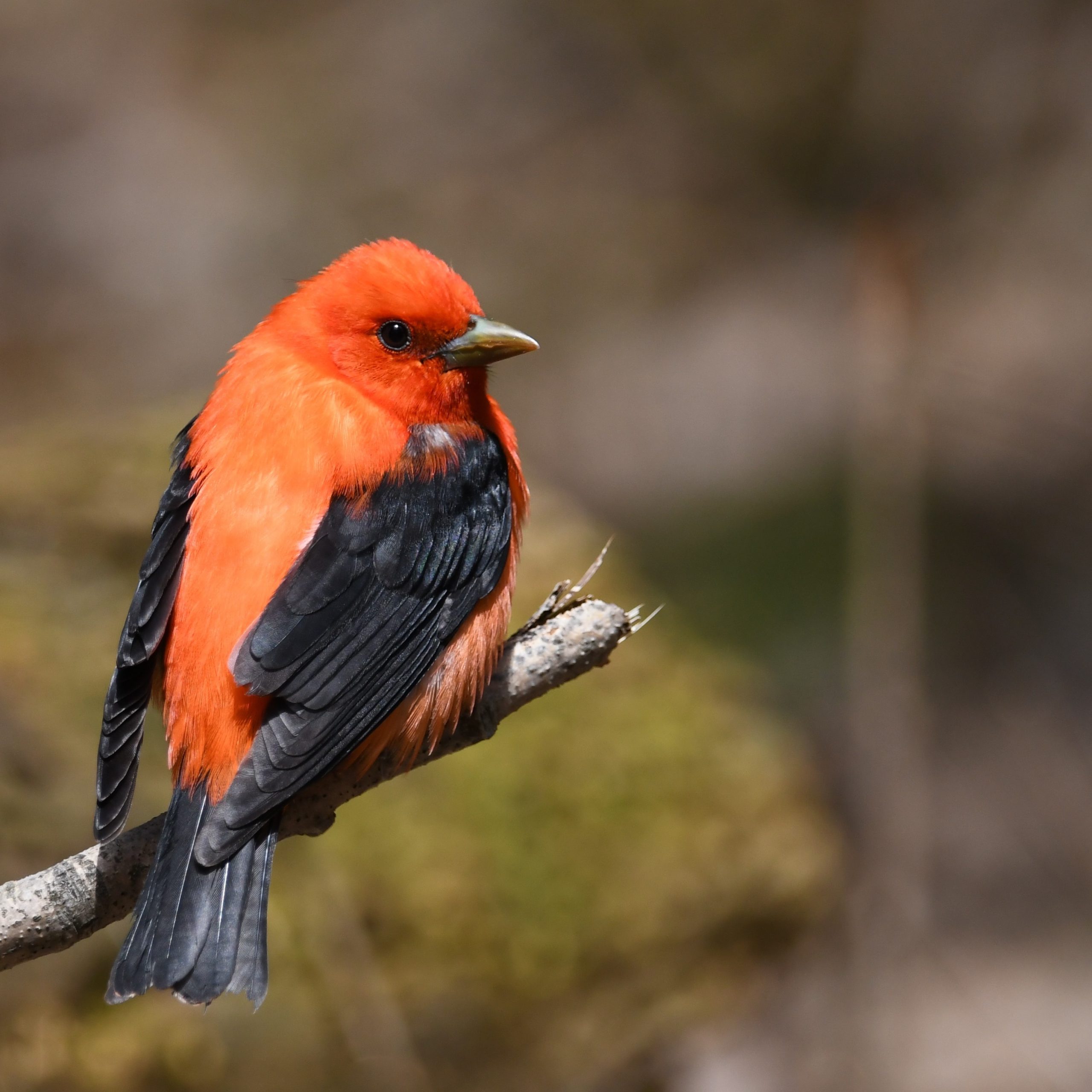
Scarlet Tanager (Piranga olivacea). Photo: Sue Drotos
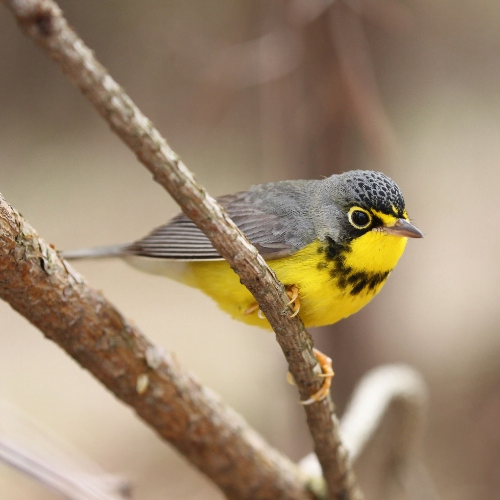
Canada Warbler (Cardellina canadensis). Photo: James Lee
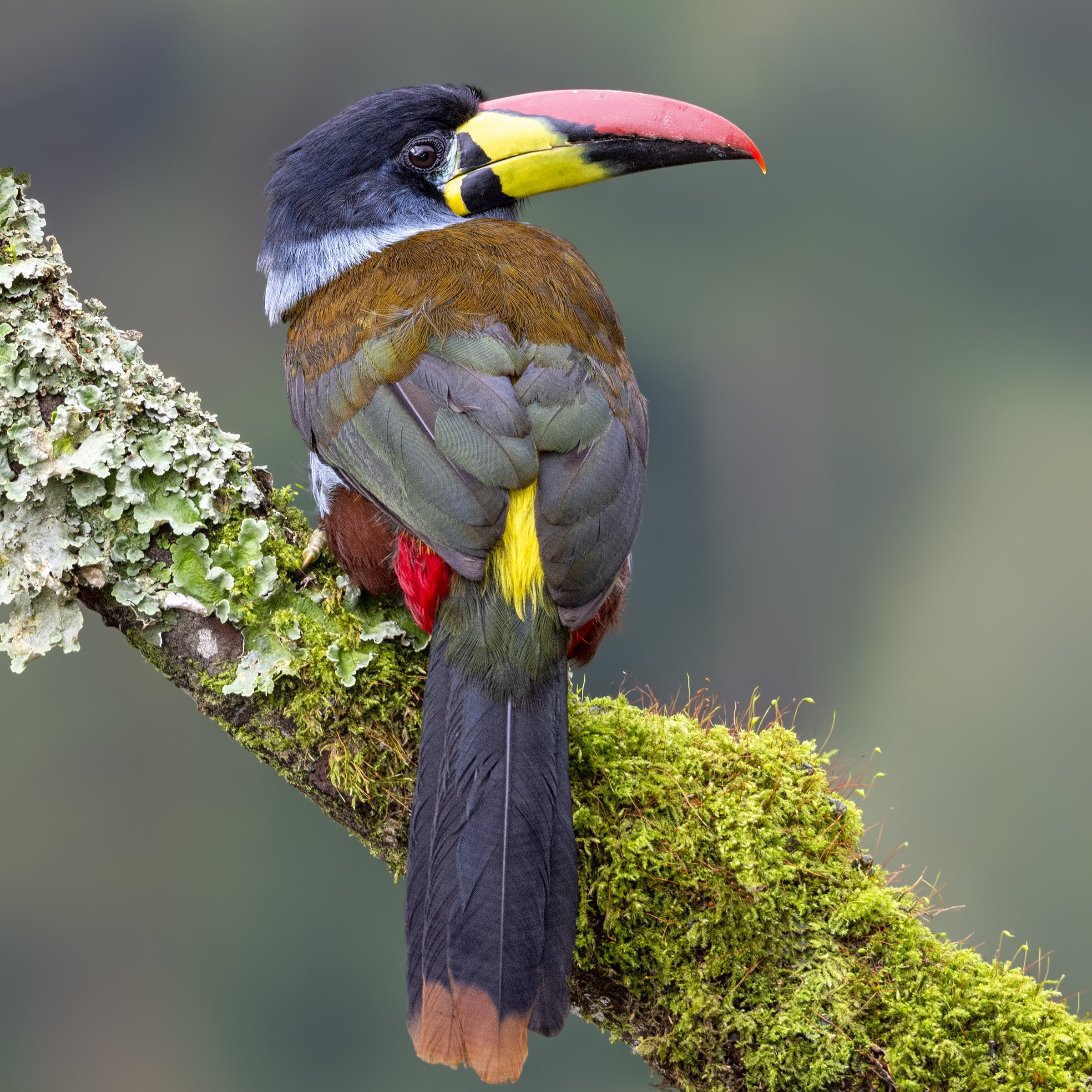
Gray-breasted Mountain Toucan (Andigena hypoglauca). Photo: José Ferney Salgado, Conserva Aves


Led by
